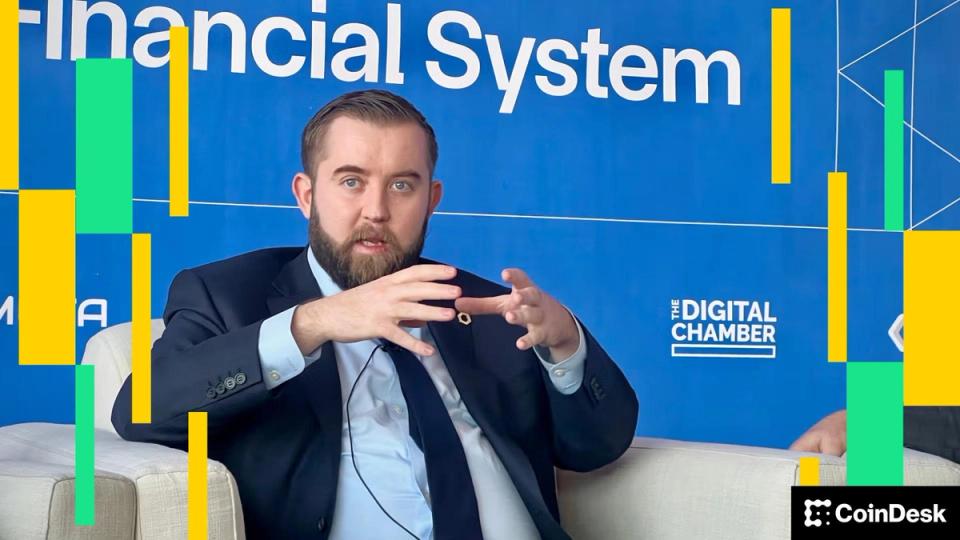Democratic Support for Crypto Regulation
A significant number of Senate Democrats have indicated their willingness to support a crypto market structure bill, demonstrating that the initiative has potential. This was highlighted during a recent meeting with several crypto CEOs, where discussions on advancing U.S. crypto regulation took place.
Meetings with Lawmakers
Industry leaders scheduled two meetings on the same day: one with Democratic lawmakers, who will play a crucial role in passing any legislation by achieving the Senate’s 60-vote requirement, and another with their Republican counterparts. The Republicans are proposing a draft bill in response to the House’s Digital Asset Market Clarity Act.
Democrats’ Commitment
Chainlink CEO Sergey Nazarov stated that more than ten lawmakers attended the Democratic meeting, all expressing a strong commitment to making the bill successful. He emphasized that it’s evident there is adequate Democratic support for the initiative.
Tensions and Negotiations
As the timeline for Senate discussions narrows for 2025, tensions have increased both between the parties and within the crypto sector. Recent leaks of some Democratic proposals on decentralized finance (DeFi) were viewed as detrimental to ongoing market structure negotiations. While the meeting reflected some of these tensions, participants believe the policy differences can be overcome.
Industry Leaders Advocate for Progress
Kristin Smith, president of the Solana Policy Institute, noted that the meetings have “reset the conversation,” though she acknowledged the need for more legislative education among lawmakers. Senator Kirsten Gillibrand, a continuous proponent of specialized crypto regulations, led the meeting, which included discussions about addressing concerns related to illicit finance.
Calls for Bipartisan Cooperation
Following the meeting with Republicans, Senator Tim Scott’s office urged Democrats to engage in constructive discussions and provide meaningful feedback on their proposal. Both parties and industry representatives hope these discussions will help propel the legislative process forward.
Future Prospects
While the bill remains a priority, challenges persist. The Senate Banking and Agriculture committees must advance the proposed language, and any approved bill must return to the House for a vote before going to the President. Positive developments, such as bipartisan support for stablecoin regulation, reflect growing momentum in U.S. policy work on crypto, though successful completion of the legislation is essential.
In summary, while progress is being made, Smith highlighted that not achieving a bill this year doesn’t signify failure. Ongoing policy initiatives by the SEC and the CFTC indicate that meaningful advancements in crypto regulation are still possible, with the potential for lasting clarity in the future.



